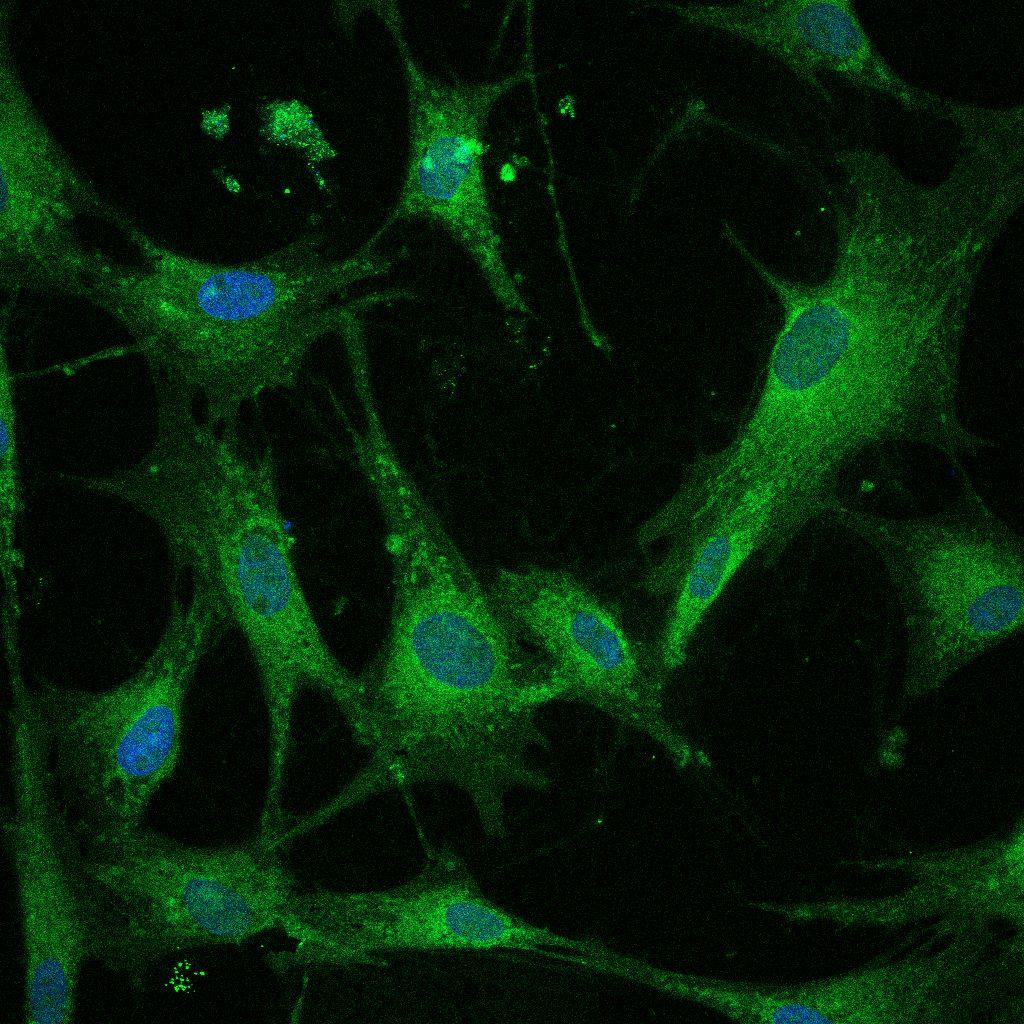Potential of genotype VII Newcastle disease viruses to cause differential infections in chickens and ducks
Newcastle disease (ND), caused by ND virus (NDV), is one of the most infectious and economically important diseases of the poultry industry worldwide. While infections are reported in a wide range of avian species, the pathogenicity of chicken-origin virulent NDV isolates in ducks remains elusive. In this study, two NDV strains were isolated and biologically and genetically characterized from an outbreak in chickens and apparently healthy ducks. Pathogenicity assessment indices, including the mean death time (MDT), intracerebral pathogenicity index (ICPI) and cleavage motifs in the fusion (F) protein, indicated that both isolates were velogenic in nature. While these isolates carried pathogenic characteristics, interestingly they showed differential pathogenicity in ducks. The chicken-origin isolate caused high (70%) mortality, whereas the duck-origin virus resulted in low (20%) mortality in 4-week-old ducks. Intriguingly, both isolates showed comparable disease pathologies in chickens. Full-genome sequence analysis showed that the virus genome contains 15 192 nucleotides and carried features that are characteristic of velogenic strains of NDV. A phylogenetic analysis revealed that both isolates clustered in class II and genotype VII. However, there were several mutations in the functionally important regions of the fusion (F) and haemagglutinin-neuraminidase (HN) proteins, which may be responsible for the differential pathogenicity of these viruses in ducks. In summary, these results suggest that NDV strains with the same genotype show differential pathogenicity in chickens and ducks. Furthermore, chicken-origin virulent NDVs are more pathogenic for ducks than duck-origin viruses. These findings propose a role for chickens in the evolution of viral pathogenicity and the potential genetic resistance of ducks to poultry viruses.

